Japan, renowned for its breathtaking landscapes and complex traditions, provides an extraordinary travel experience that may be both thrilling and perplexing for first-time visitors. Grasping the subtle cultural intricacies and honoring local customs is essential, not merely as a polite gesture but as a crucial aspect of genuinely appreciating the depth and diversity of Japanese culture. This guide aims to help travelers navigate these cultural intricacies, ensuring a respectful and enriching journey through the Land of the Rising Sun.
Preparing for Your Journey
Before embarking on your adventure, ensure all travel logistics are in order. This includes understanding visa requirements and ensuring your passport is up-to-date. If your passport expires soon, you might find helpful for US travelers, as it’s a convenient way to manage this essential travel document. Additionally, familiarize yourself with Japan’s local laws and regulations, as adherence to these is expected, and ignorance is often not considered an excuse for non-compliance.
Understanding the Cultural Fabric

Japan’s cultural fabric is woven with history, tradition, and modernity. The country’s deep-rooted customs and societal norms often contrast with the West’s. First, it’s essential to recognize the importance of harmony and respect in Japanese society. This emphasis on courtesy and thoughtfulness is evident in daily interactions, with a high value placed on respect and empathy towards others. Gaining a fundamental knowledge of Japan’s history and cultural heritage can be immensely helpful, offering insightful context to the various customs and practices you’ll come across during your visit.
Language and Communication
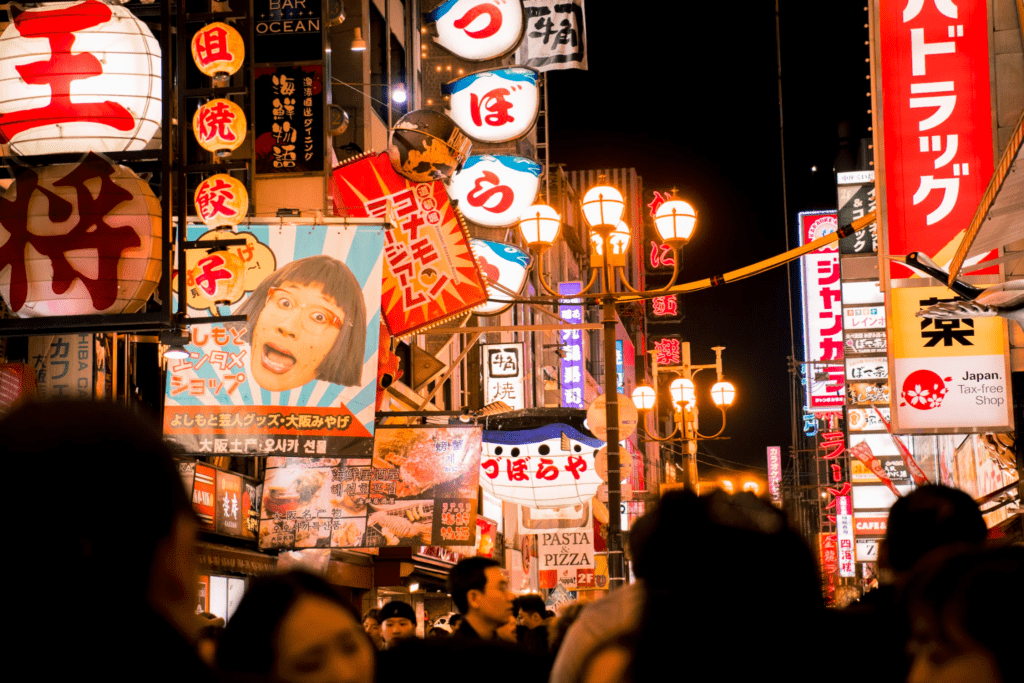
Navigating the language landscape in Japan can be an intriguing part of your journey. Even though English is spoken in certain areas, immersing yourself in the basics of the Japanese language can deeply enrich your travel experience. Gestures like using simple phrases such as “Sumimasen” (excuse me) or “Ohayo gozaimasu” (good morning) not only show respect but also help build a friendly rapport with locals. Paying attention to body language and non-verbal cues is equally significant, as they form an integral part of Japanese communication, often conveying respect and intent more profoundly than words. Remember, speaking in a soft, polite tone is also valued in Japanese culture, reflecting respect and consideration.
Public Conduct
In , respect and consideration are fundamental. Speaking loudly, especially on public transport, is frowned upon. The same goes for phone conversations. Keep in mind that eating while walking is generally considered impolite. Japan’s cleanliness is legendary; littering is a serious faux pas, and recycling rules are strictly followed. Additionally, respecting personal space is crucial, especially in crowded areas like subways and elevators.
Dining Etiquette
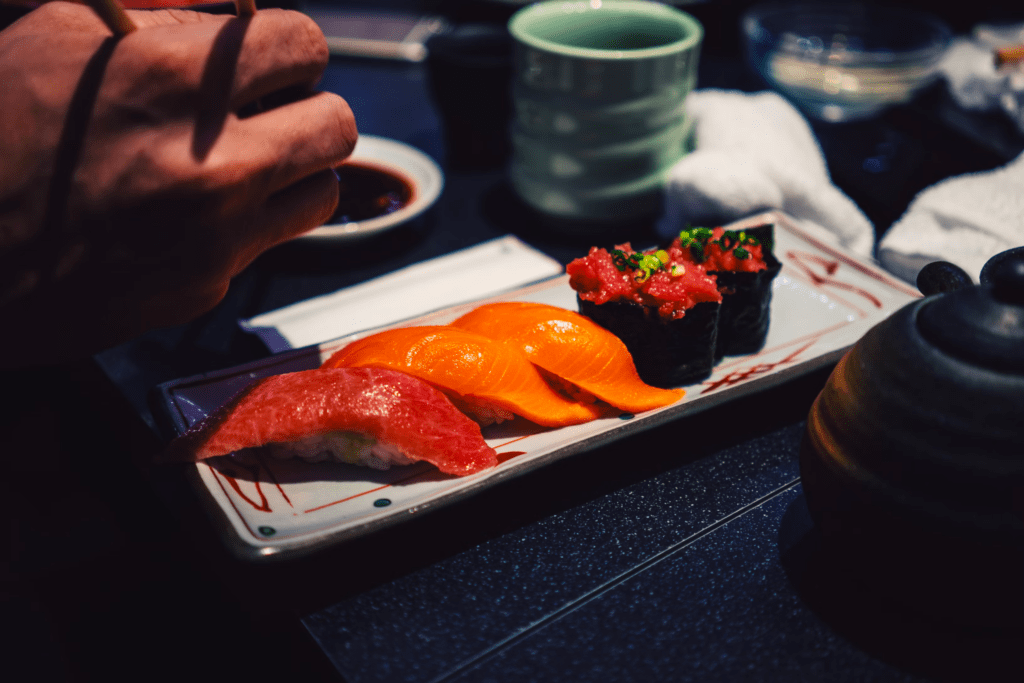
Japanese cuisine, renowned worldwide, comes with its own set of etiquettes. When dining, it’s customary to say “Itadakimasu” before a meal and “Gochisousama deshita” afterward to show appreciation for the food. Chopstick manners are crucial; avoid sticking them upright in a bowl of rice or passing food directly from your chopsticks to another’s, as these actions resemble rituals associated with funerals. Also, be mindful not to waste food, which is considered disrespectful to the chef and the ingredients.
Navigating the Urban Landscape

Japan’s cities are a mesmerizing blend of the traditional and the ultra-modern. With its neon-lit skyscrapers juxtaposed against serene temples, Tokyo epitomizes this blend. When navigating these urban landscapes, understanding local transport etiquette is vital. Trains are the lifeline of Japanese cities, and there are specific norms to be aware of, like designated waiting lines and priority seating. Also, be mindful that some areas, particularly in , have strict smoking regulations, with designated smoking areas to minimize inconvenience to non-smokers.
Shopping and Transactions
Shopping in Japan can be a delightful experience. It’s common for items to be meticulously wrapped and handed over with both hands—a gesture of respect that you should return. Bargaining isn’t customary, and prices are generally non-negotiable. When paying, use the small tray provided at cash registers instead of handing money directly to the cashier. Additionally, it’s a good practice to be patient and wait for your turn while shopping, as queueing is an integral part of the Japanese culture of order and discipline.
Visiting Shrines and Temples
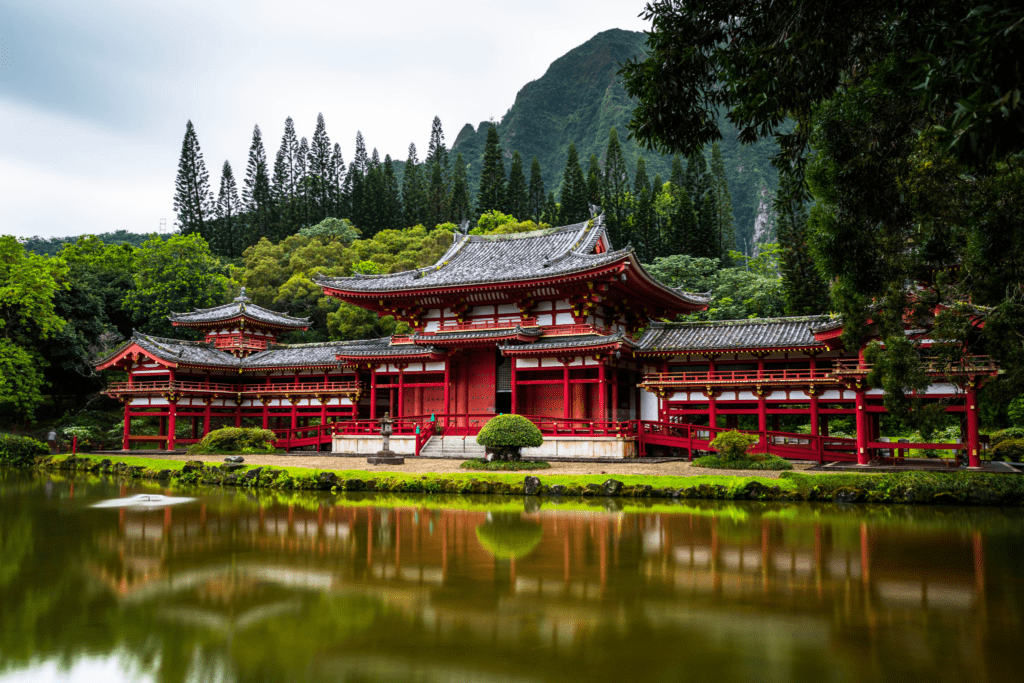
Shrines and temples are sacred spaces that require the utmost respect. At the entrance of a Shinto shrine, you’ll often find a temizuya (water pavilion) for purification. Here, visitors rinse their hands and mouths before approaching the shrine. Photography inside temples should be sensitive; look for signs indicating whether it’s permitted. Additionally, it’s essential to dress modestly and avoid loud conversations, as these spaces are often used for prayer and reflection.
Embracing Regional Diversity
Japan’s regions offer a tapestry of experiences, each with its own customs and traditions. The diversity is staggering, from the snow festivals of Hokkaido to the subtropical islands of Okinawa. Participating in local festivals and trying regional specialties are excellent ways to immerse yourself in these unique cultures. Always show interest in and respect for local customs, and you’ll find that residents are often eager to share their traditions. Be mindful that some regional practices may require specific etiquette, so observing and learning from locals is wise.
Accommodation: Ryokan Experience
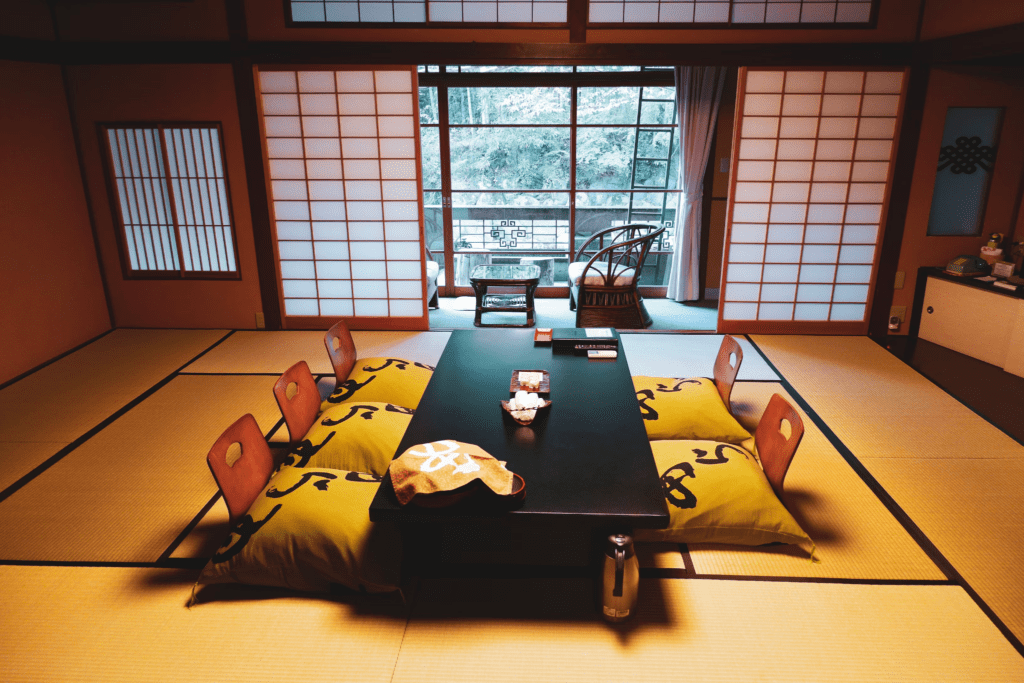
Staying in a ryokan (traditional inn) is a must-do. It offers a glimpse into Japanese lifestyle and hospitality. Remember to remove your shoes at the entrance and wear the provided slippers. You’ll likely find a yukata (casual kimono) to wear in your room. Embrace these traditions for an authentic experience. During your stay, adhere to the quiet hours typically observed in ryokans, as this respects other guests and the tranquil environment.
Hot Spring Etiquette
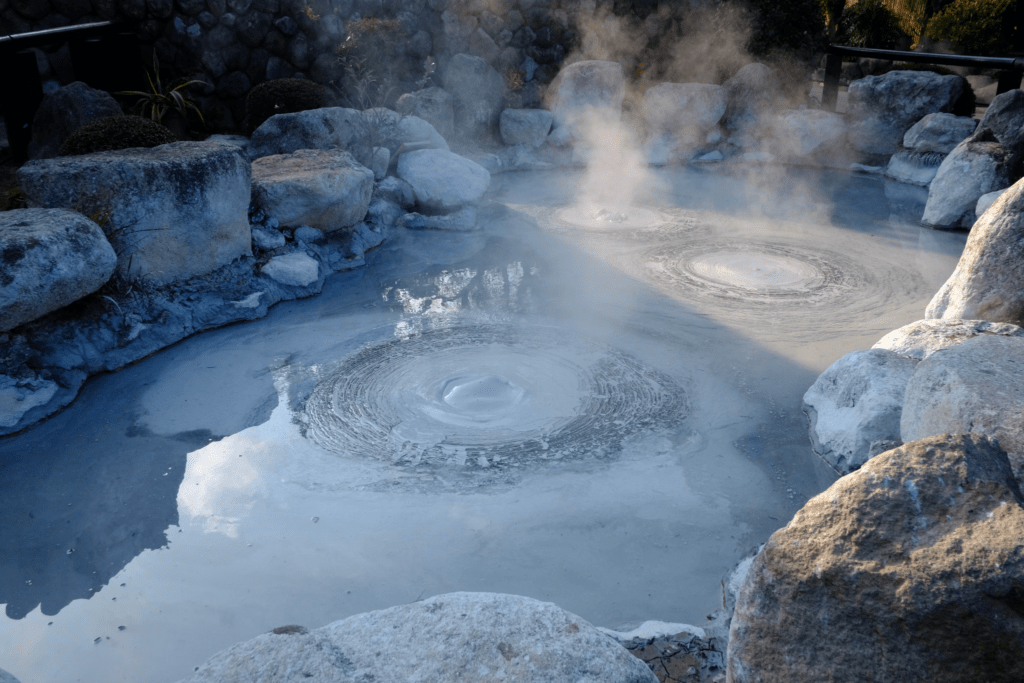
Visiting an (hot spring) requires adherence to specific rules. Bathing is done naked, and it’s essential to thoroughly wash and rinse off at the shower stations before entering the communal bath. Tattoos are traditionally taboo in onsens, though some places are now more accommodating to foreigners. Additionally, it’s essential to avoid splashing or swimming in the onsen, as these baths are meant for quiet soaking and relaxation.
Traveling through Japan is a journey through a landscape rich in history, culture, and natural beauty. Following these dos and don’ts allows you to navigate this complex and fascinating culture with respect and sensitivity, ensuring an unforgettable and harmonious experience. Remember that your journey is more than just exploring new locations; it involves delving into and valuing a profoundly distinct culture.
